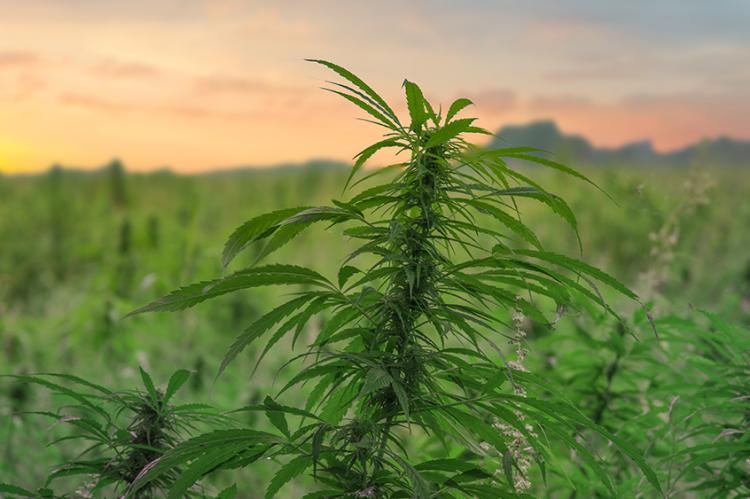Pakistan Approves Government-Controlled Hemp Plan
Pakistan has approved a government-controlled hemp production plan that will allow hemp farming for industrial and medical purposes.
Pakistan has approved the legalization of hemp for industrial and medical purposes, the Hindustan Times reports. In a tweet, Science and Technology Minister Fawad Chaudhry called the reforms a “landmark decision” which will “place Pakistan in the billions of USD CBD market.”
The nation’s first ever hemp and cannabis licenses were approved for the Ministry of Science and Technology and Pakistan Council of Scientific and Industrial Research. The plants will be grown at an Herbal Medicine Park in Jhelum. Chaudhry said the government-controlled program will allow the research to include “adequate safeguards” through the Ministry of Narcotics.
The rules define industrial hemp as containing 0.3 percent THC or less, in line with definitions in nations that allow hemp production.
“CBD compound plays an important role in therapeutic medicine. After 2016, a breakthrough research was unveiled which prompted China to set up a cannabis research department and is now cultivating hemp on 40,000 acres, and Canada is cultivating it on 100,000 acres. … Worldwide, this fiber is replacing cotton. Clothes, bags, and other textile products are being made using this plant’s fiber. This is a $25 billion market and Pakistan can take a big share in this market.” – Chaudhry, during a press conference, via Hindustan Times
The plan is part of the science ministry’s broader initiative on niche projects focused on non-traditional agriculture.
Chaudhry anticipates Pakistan can generate $1 billion from the industry over the next three years. All cannabis use remains illegal in Pakistan.
Reports and Data estimated last year that the Asia-Pacific hemp market will grow 14.2 percent through 2026 – a rate higher than the rest of the world.
33
ENGAGEMENTS
- Log in to post comments

